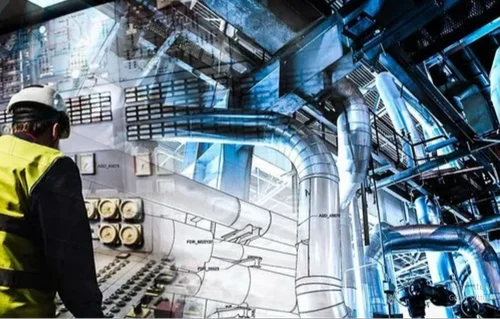The Importance of Vibration System Verification in Industrial Automation
Bently Nevada's vibration monitoring system plays a crucial role in industrial automation. Accurate vibration measurement is essential for maintaining equipment reliability and preventing unexpected failures. The system's transducers gather real-time vibration data, helping engineers identify mechanical issues before they escalate. Early detection improves operational efficiency and minimizes downtime.
How Vibration Data Enhances Condition Monitoring
By processing bandpass-filtered amplitude measurements and gap voltage, the system provides refined insights into shaft movement. These measurements help determine whether a machine is operating within safe parameters. Engineers rely on this data to detect misalignment, imbalance, and bearing wear. The ability to monitor and analyze vibration trends allows industries to implement predictive maintenance strategies, reducing costs associated with sudden breakdowns.
The Shift Toward Predictive Maintenance
Traditional maintenance methods are reactive, addressing failures only after they occur. With Bently Nevada’s vibration transducers, engineers can adopt a predictive approach. By continuously analyzing vibration patterns, they gain a deeper understanding of equipment health. This proactive strategy minimizes repair expenses and improves overall system reliability.
Ensuring System Verification for Long-Term Performance
Regular verification of vibration systems is necessary to maintain measurement accuracy. Engineers must conduct routine calibration and sensor checks to ensure reliable data collection. Without proper verification, faulty readings can lead to incorrect diagnostics, potentially compromising machine performance. A structured verification process ensures that vibration measurements remain precise, supporting effective condition monitoring.
Conclusion
Industrial automation depends on reliable vibration monitoring systems to optimize machinery performance. Bently Nevada’s vibration transducers provide essential data for condition assessment and predictive maintenance. By prioritizing system verification, engineers can enhance equipment longevity and prevent costly failures. Implementing these best practices ensures that industries operate smoothly with minimal disruptions.


